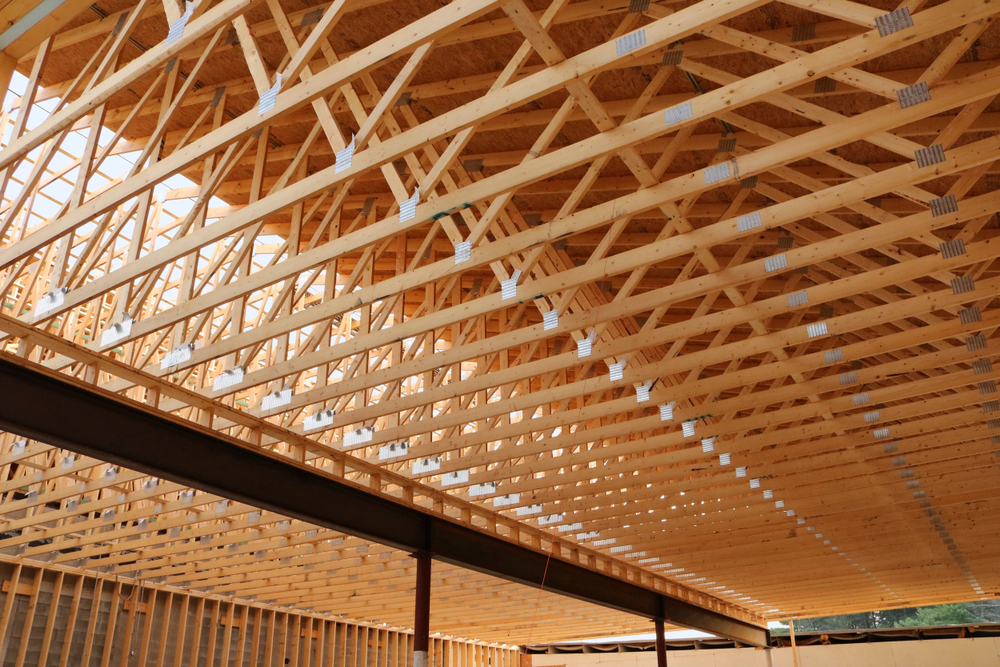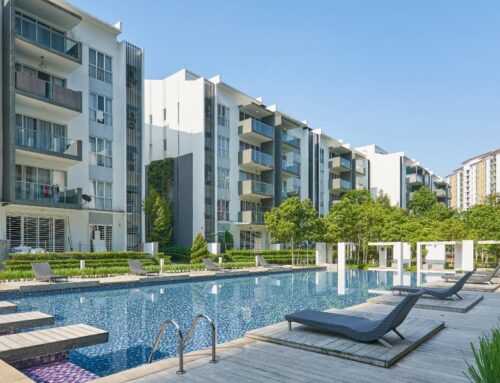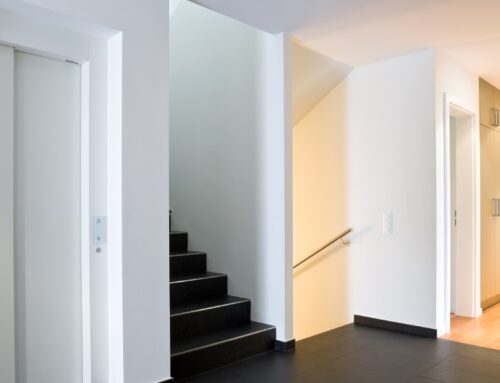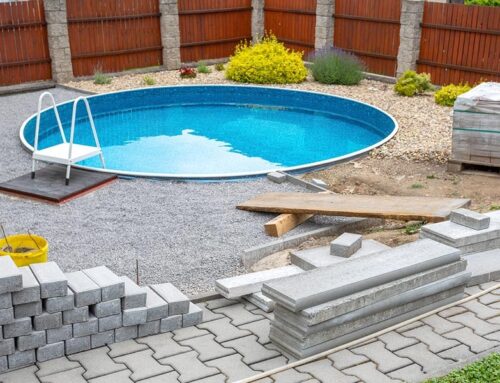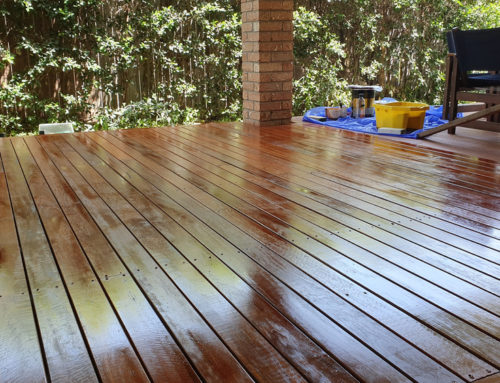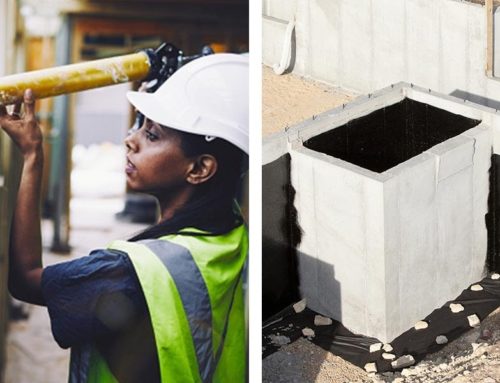There is a huge impact on commercial waterproofing when investing in your commercial building more than you ever considered. You can just imagine all the time and money you have spent in the design and construction of your building.
Whether it is a single or one-hundred story building, major structural issues can start from standing water around its foundation. Leaks can start from balconies, concrete pane joints, outdoor decks, roofs, and windows and continue to do damage if not given proper attention.
If you consider commercial waterproofing, you can protect your building from water intrusion and the potential adverse effects of hydrostatic pressure.
Potential Hazards When You Neglect Waterproofing
-
Window And Roof Leaks Getting Worse
If you fail to consider waterproofing your establishment, the leaks that come from the windows and roof will get worse. Moreover, this can lead to insect infestation and bacterial problems.
-
Roof Leaks
When you are unable to consider waterproofing, roof leaks can damage the mechanical fasteners, decks, and seams on the roof. This will eventually lead to constant repairs and restorations.
-
Standing Water Next To The Foundation
Since you have water next to your building’s foundation, the moisture will seep easily into your HVAC system and wreak havoc on the installation and overall stability of the system.
-
Water Dripping From The Ceiling
Water from the ceiling must be given prompt attention as it can eventually damage the ceiling tile and injure your employees. Moreover, it can damage equipment, furniture, and technology when tiles begin to drop from the ceiling.
Core Benefits Of Commercial Building Waterproofing
-
Compliance With Building Codes
The moment your building has incurred much water damage, it will become structurally unsafe. This means that you are already violating the building code. That is the moment a building inspector can come in and shut your business down.
-
Enhances Air Quality Indoors
You can avoid sitting water from causing further damage by considering commercial waterproofing. Without it, you can give way to microorganisms and mold them to multiply and develop a toxic black mold.
-
Structural Integrity
When you are investing in commercial waterproofing, you will keep the entire building intact. That is because you can avoid water from weakening the foundation.
Waterproofing is an essential aspect of creating a building envelope in construction, which is a controlled environment. Therefore, all the different penetrations through the foundation, roof covering materials, and siding must be water-resistant or waterproof.
Types Of Waterproofing
- Cementitious Waterproofing
- Liquid Waterproofing Membrane
- Bituminous Waterproofing
- Bituminous Coating Water Proofing
- Bituminous Membrane Waterproofing Method
- Polyurethane Waterproofing
Areas Where Waterproofing Is Required
- Basement
- Bathroom, Kitchen, and Toilet
- Balcony Areas
- Roof or Terrace
- Swimming Pool
- Water Tank
Waterproofing is a process designed for the prevention of water from penetrating into a structure, such as a commercial building.
Typically, waterproofing is done in the different layers and stages for the creation of barriers to prevent water from penetrating the structure.
Structures are waterproofed with the use of coatings and membranes to protect the structural integrity.
WICR Waterproofing & Decking is Southern California’s premier waterproofing and decking specialist covering Los Angeles, Orange County, San Diego, Riverside, and San Bernardino counties. We are trained by all the major manufacturers of waterproofing systems so that we can install or repair any waterproofing project. Please visit us at www.WICRWaterproofing.com

